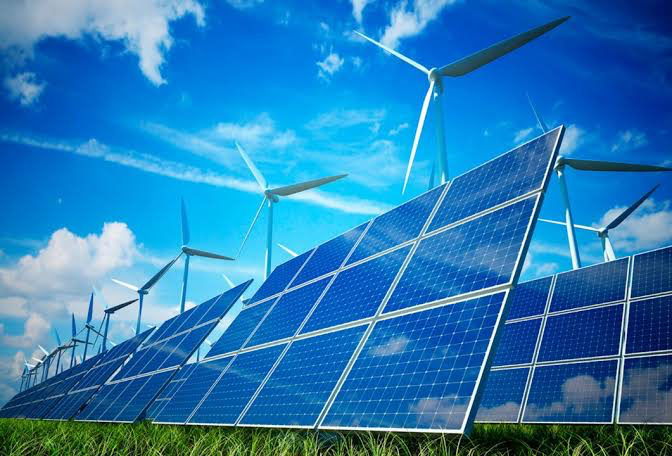KEY POINTS
- The IEA predicts a massive global increase in renewable energy capacity by 2030, driven by cost competitiveness and favorable policy changes.
- Renewables are expected to account for nearly 20% of the global energy mix by the end of 2023, with solar and wind leading the growth.
- The shift towards renewables is seen as key to meeting climate goals, reducing emissions, and enhancing energy security globally.
The IEA has predicted that the global deployment of renewable energy is set to rise by 2030, on the back of declining costs of clean energy technologies. Solar and wind energy are expected to contribute almost 20% of the total energy mix by the end of 2023 and are expected to grow significantly in the next ten years.
This is due to technological progress, cost reduction in renewable energy technologies as well as inclusive policies in the latest report by IEA. Renewable energy sources are considered essential for reaching climate goals, decreasing the emission of greenhouse gases, and improving energy security.
Cost competitiveness as the key to renewables expansion
This has been driven by the fact that the cost of implementing renewable energy sources has been on the rise due to its competitiveness. The cost pertaining to solar, wind, and other forms of renewable energy continues to decline making renewable energy forms dominate most existing markets. The recent report of the IEA shows that the cost of solar power has come down significantly and this is likely to drive more investment in clean energy.
According to Engineering News, one is well informed that government policies have gone further in supporting the low cost of renewables. Some of these policies include subsidies, tax credits and; measures which seek to eliminate the use of fossil fuels an encourage utilization of sustainable energy sources.
The global energy transition is set to be boosted by higher public and private investments in renewable energy as the sector becomes more economically feasible.
Achieving climate targets and guaranteeing energy supply
Renewable energy is not only a question of cost but also of global climate targets. With the Paris Agreement in place, and countries striving to decrease their carbon footprint, renewable energy will be the key to decarbonizing electricity systems and decreasing the use of fossil fuels. The IEA report underlines that the faster deployment of renewables is crucial to prevent global warming and climate change consequences.
Further, the transition will improve energy security, especially of countries which always relied on imported oil and gas. Thus, by various energy sources and raising local renewable generation capacity, the state introduces the opportunities to minimize the negative impact of global energy price volatility and regional conflicts. This means that renewables are not only the solution to climate change but also a weapon for energy security.
Issues and further development
However, the IEA report also notes that there are still obstacles to increasing the scale of renewable energy investment. These are the requirement for advancement in the grid system, storage systems for electricity, and managing dynamic solar, and wind energy. In addition, political and regulatory instabilities in some regions can also weaken the growth of renewable energy systems.
Nonetheless, subsequent promotion and development in technology and policy-oriented environment for renewable energy seems promising. According to the IEA, the world’s energy mix will be driven by renewable energy sources in the future, especially by the year 2030.



